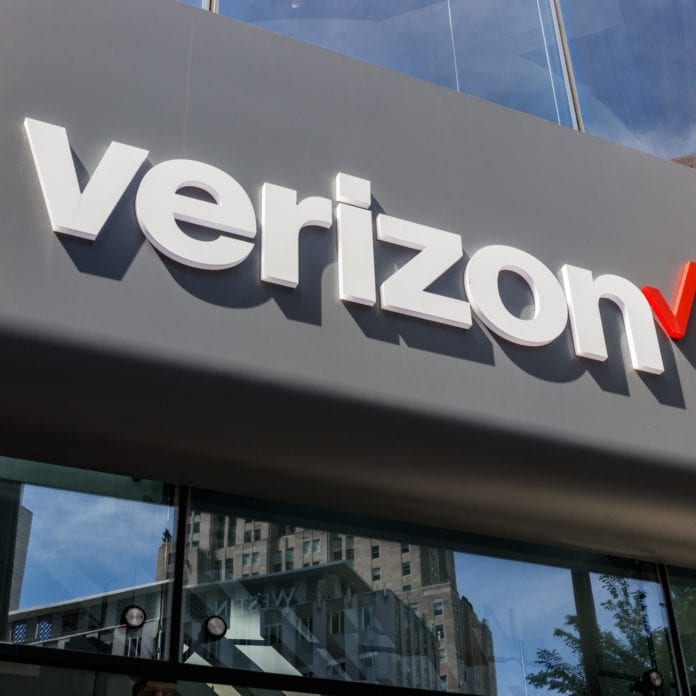More than one in three of Verizon’s wireless customers have a 5G phone
Verizon is seeing a boost in wireless service revenues, reaching total wireless service revenue of $17.8 billion for the fourth quarter of 2021. That’s a 6.5% year-over-year increase, which the company said was driven by higher average revenue per account, in addition to a contribution from its acquisition of TracFone Wireless, which closed in late November.
On the consumer wireless side specifically, service revenue growth was even a bit stronger: up 7.7% year-over-year, which Verizon said was due to customer uptake of unlimited and premium unlimited plans, as well as a contribution from TracFone.
Verizon expects that strong revenue growth to continue: It provided guidance that 2022 service revenues should grow between 9-10%, or around 3% excluding TracFone’s contribution.
Verizon reported 1.058 million retail postpaid net adds for the quarter, including 558,000 phone net additions. Its retail connection base is now 142.8 million. Total retail churn was reported at 1.01%, and retail postpaid phone churn was a 0.81%.
For the fourth quarter, Verizon reported 667,000 wireless retail postpaid net additions, made up of 336,000 phone net adds and 369,000 connected devices — as well as a loss of 38,000 net tablet losses. Prepaid wireless saw 85,000 net devices losses, including TracFone’s results since the close of the acquisition.
The carrier reported healthy 5G device penetration, saying that as of the end of 2021, more than one in three of its wireless phone customers have 5G-capable devices.
In terms of broadband, the company reported total net broadband additions (Fios, DSL and Fixed Wireless Access) as 106,000, up 30,000 from the same period last year.
It saw a sequential increase in FWA net adds, from 55,000 during the third quarter of 2021 to 78,000 during the fourth quarter. 2021 also resulted in the company’s best performance for Fios customer additions since 2014: 360,000. Meanwhile, Fios revenues were up 5.7% for the quarter and 4.6% for the year.
Hans Vestberg, Verizon’s chairman and CEO, called 2021 a “transformational year for Verizon that will serve as a catalyst for us.
“We delivered on all of our goals in 2021 and made great progress on our five paths of growth, finishing the year with strong operating and financial momentum,” he continued. “As we move into 2022, we have the necessary assets to realize our strategy that we laid out in 2019. We are laser-focused on executing our 5G strategy and providing value to our customers, shareholders, employees, and society, as 2022 will be the most exciting year yet for Verizon.”
Total operating revenues for Verizon were up 4.1% year-over-year to $133.6 billion. Operating revenues dropped slightly year-over-year in the fourth quarter, however, due to the company’s sale of Verizon Media.
Net income for the fourth quarter was essentially flat, but for the full-year 2021, Verizon reported double-digit growth in profits to $22.6 billion.
Verizon spent $20.3 billion on capital expenditures during the full year of 2021, putting money into its LTE network as well as its first phase of C-Band deployment that covers approximately 95 million people. The carrier reported that C-Band-related capex in 2021 was about $2.1 billion.
The company also reported one-time items resulting in a pre-tax loss of $1.2 billion, related to early debt pay-off and severance and pension-related expenses.

